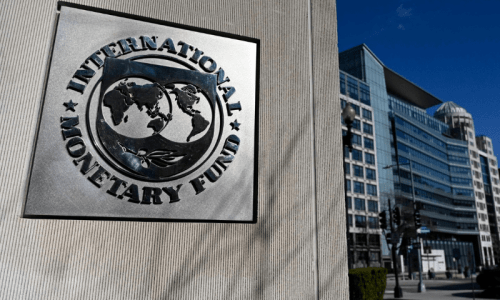BENGALURU: According to a report by US think tanks, countries, primarily middle-class and lower-income ones, have been burdened with surcharges on top of interest payments on their borrowings from the International Monetary Fund (IMF), deepening global imbalances.
According to a research released on Tuesday by Columbia University’s Initiative for Policy Dialogue and Boston University’s Global Development Policy Centre, member countries who are heavily indebted paid fees totaling approximately $6.4 billion between 2020 and 2023.
Furthermore, within the past four years, the number of nations paying these levies has more than doubled.
An prior analysis by the Center for Economic and Policy Research predicted that the IMF will levy surcharges totaling around $9.8 billion over the course of the following five years.
Opponents of the program contend that rather than expediting repayment, surcharges penalize nations who are already experiencing liquidity issues, raise the possibility of debt distress, and divert limited resources from countries that should be helping suffering economies.
The study indicated that the nations that pay the highest surcharges—Ukraine, Egypt, Argentina, Barbados, and Pakistan—account for 90% of the surcharge earnings received by the IMF.
These surcharges, which are imposed on top of the fund’s progressively higher basic rate, will generate 50% of all revenue in 2023, making them the single biggest source of income for the IMF.
According to Kevin Gallagher, director of the Global Development Policy Center, “IMF surcharges are inherently pro-cyclical as they increase debt service payments when a borrowing country is most in need of emergency financing.”
“Global shocks and rising surcharges are making vulnerable countries’ economies more vulnerable.”
Global debt reached a record $313 trillion in 2023, according to data released earlier this year by the Institute of International Finance. Moreover, emerging nations’ debt-to-GDP ratios, which measure a nation’s capacity to repay debt, reached new highs.Managing Director Kristalina Georgieva stated on Friday that IMF shareholders reached a consensus last week regarding the significance of tackling the problems encountered by low-income nations.








